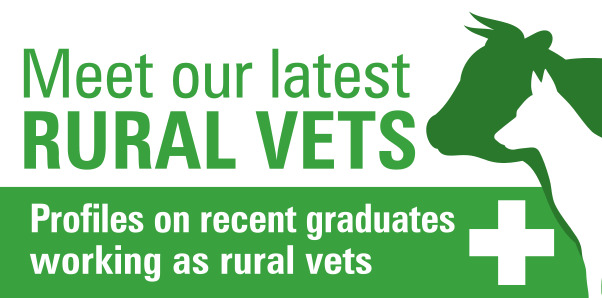

The Clutha Vets Balclutha graduate veterinarian was raised on a farm running nearly 100 grazing heifers in Whakatāne.
After graduating with an agricultural science degree from Massey University in Palmerston North, he went backpacking for a year.
To pay for his travel, he had several six-month stints working on a Wagyu beef farm during the hot and wet season at the top of Western Australia.
The farm owner was a Singaporean and the beef was destined for Japan.
As a stock hand, his duties included being a bore runner, looking after the drinking water supply for the cattle.
"I’d go out every two days and check all the troughs. If a trough isn’t working the cattle perish after a couple of days.
"The novelty wears off pretty quickly. It’s about eight hours of driving in the desert checking on troughs. It was pretty fun but it was 45°C heat and 100% humidity."
Another part of his job was checking on the health of the cattle and, having enjoyed that, he decided to apply for veterinary school in New Zealand. If he did not get in, he would return to Australia but he was accepted and another five years in Palmerston North ensued.
His vet study involved work placements in clinics including two stints at Clutha Vets Balclutha during calving.
An appeal of working in South Otago was never visiting the region before and its proximity to great hunting spots.
"I’m quite into hunting so it was a cool place to check out."
He started working in the clinic earlier this year.
A wet season had resulted in more lame cows to treat than usual.
"I don’t mind lame cows. Each hoof you get is like a little puzzle and it is physical work because you are hunched over, scooping out hooves," he said.
The coldest day on the job so far was teat sealing cows in the wind and rain in Lee Stream.
He preferred working on cold days in the South rather than scorching conditions in the Outback.
"It’s not all it is cracked up to be, there’s flies and dust over there. I prefer mud and snow. It has been an awesome year. I’m loving it."













